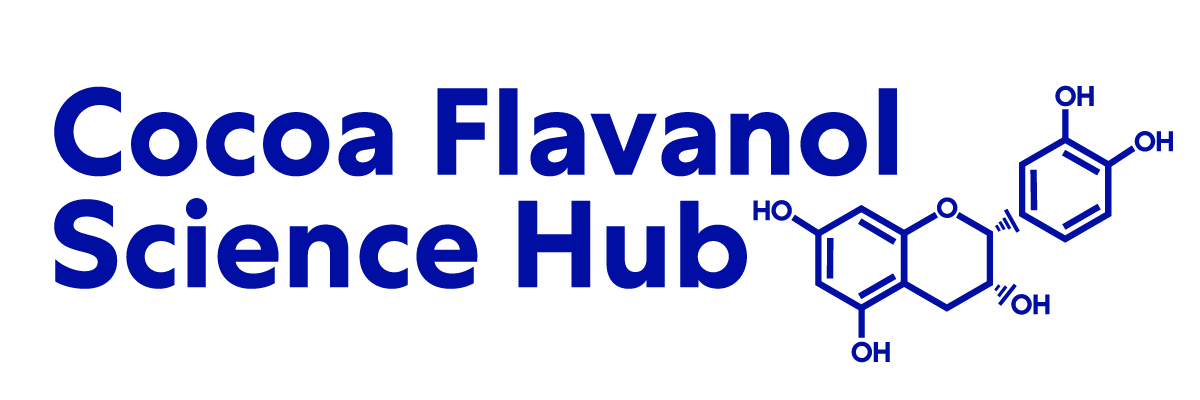Procyanidins protect Caco-2 cells from bile acid- and oxidant-induced damage.
Procyanidins can exert cytoprotective, anti-inflammatory, and anticarcinogenic actions in the gastrointestinal tract. Previous evidence has shown that procyanidins can interact with synthetic membranes and protect them from oxidation and disruption. Thus, in this study we investigated the capacity of a hexameric procyanidin fraction (Hex) isolated from cocoa to protect Caco-2 cells from deoxycholic (DOC)-induced cytotoxicity, cell oxidant increase, and loss of monolayer integrity. Hex interacted with the cell membranes without affecting their integrity, as evidenced by a Hex-mediated increase in the transepithelial electrical resistance, and inhibition of DOC-induced cytotoxicity. DOC induced an increase in cell oxidants, alterations in the paracellular transport, and redistribution of the protein ZO-1 from cell-cell contacts into the cytoplasm. Hex partially inhibited all these events atconcentrations ranging from 2.5 to 20 microM. Similarly, Hex (5-10 microM) inhibited the increase in cell oxidants, and the loss of integrity of polarized Caco-2 cell monolayers induced by a lipophilic oxidant (2,2'-azobis (2,4-dimethylvaleronitrile). Results show that the assayed procyanidin fraction can interact with cell membranes and protect Caco-2 cells from DOC-induced cytotoxicity, oxidant generation, and loss of monolayer integrity. At the gastrointestinal tract, large procyanidins may exert beneficial effects in pathologies such us inflammatory diseases, alterations in intestinal barrier permeability, and cancer.
See the Full Study > (opens in a new tab)








